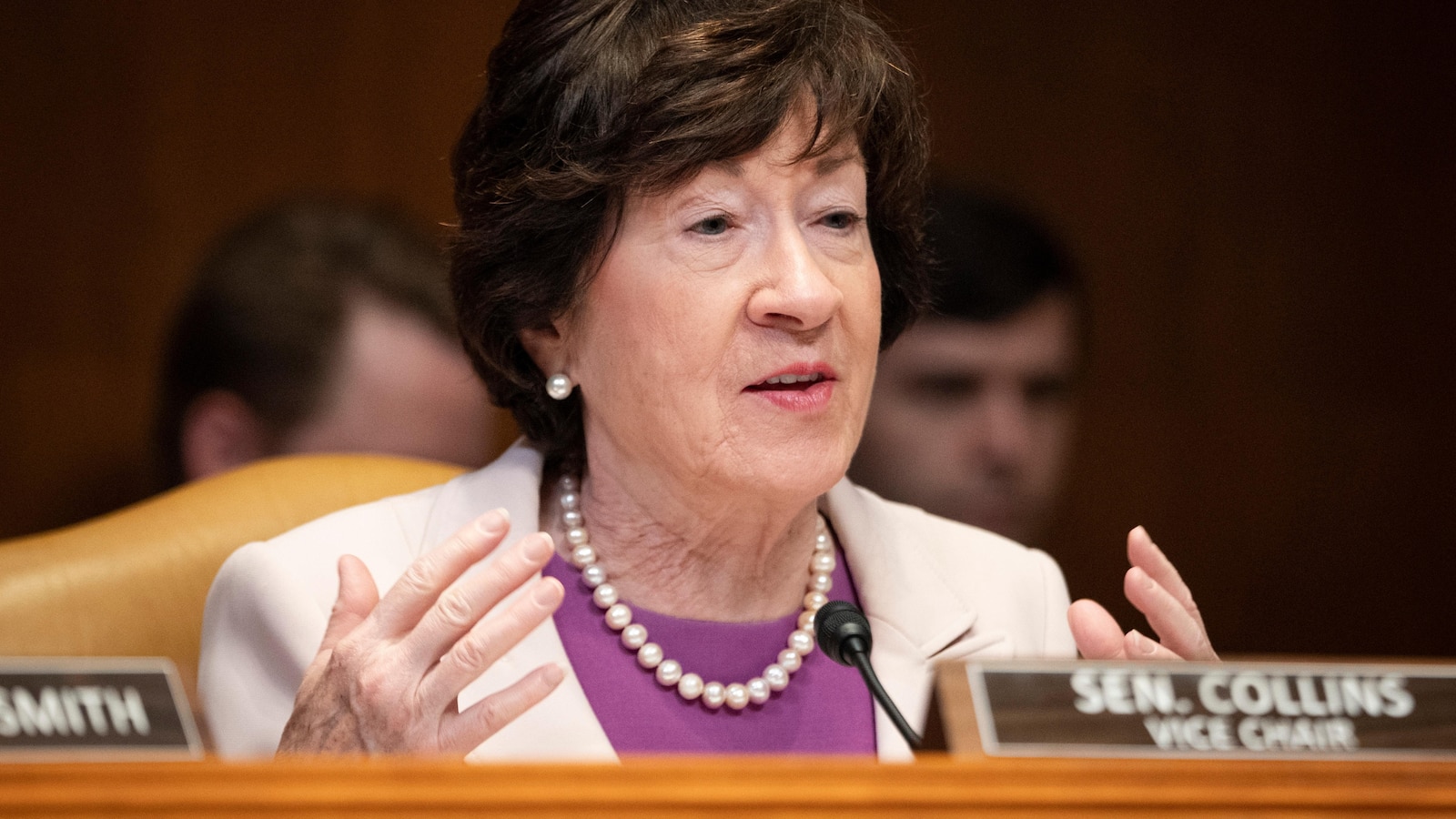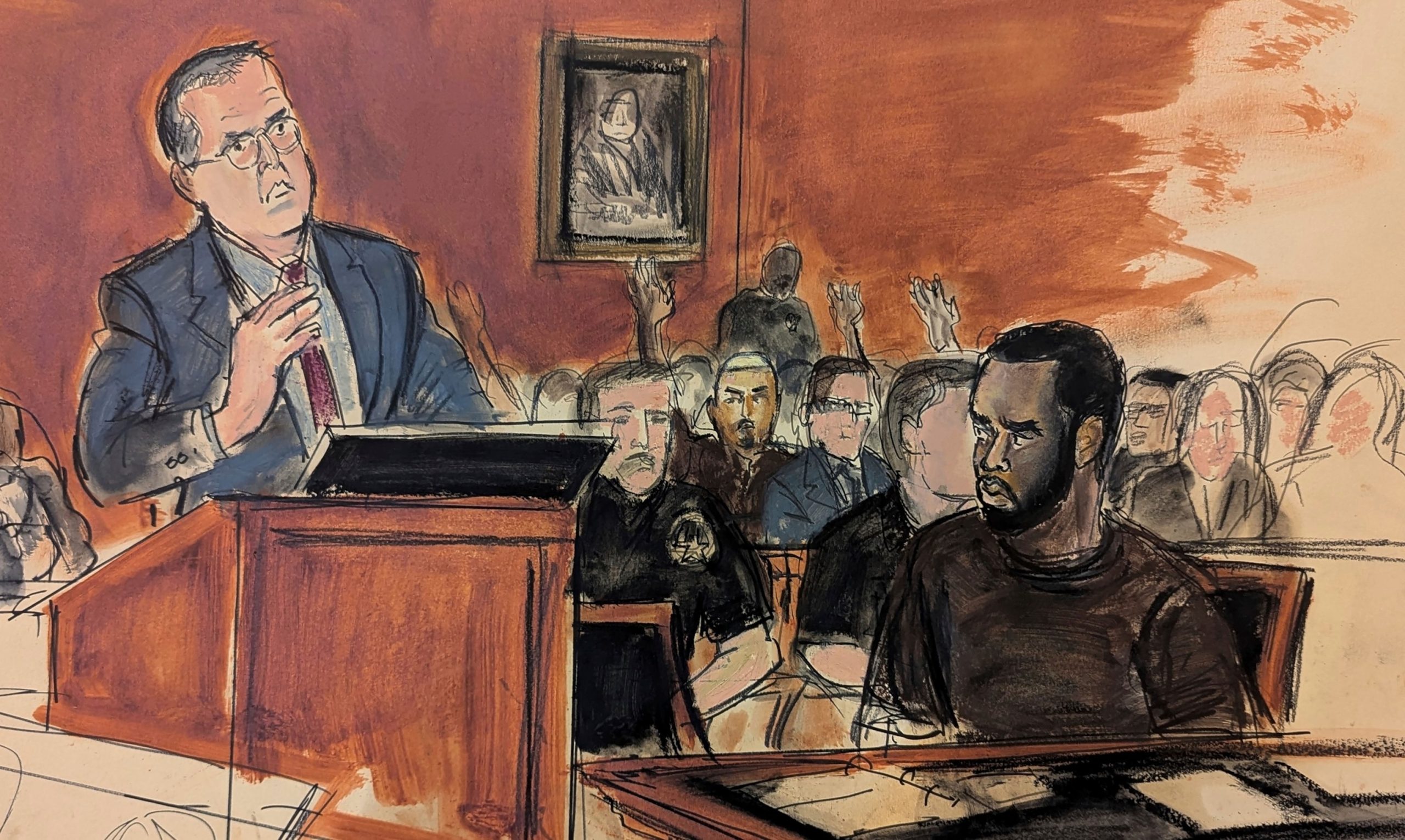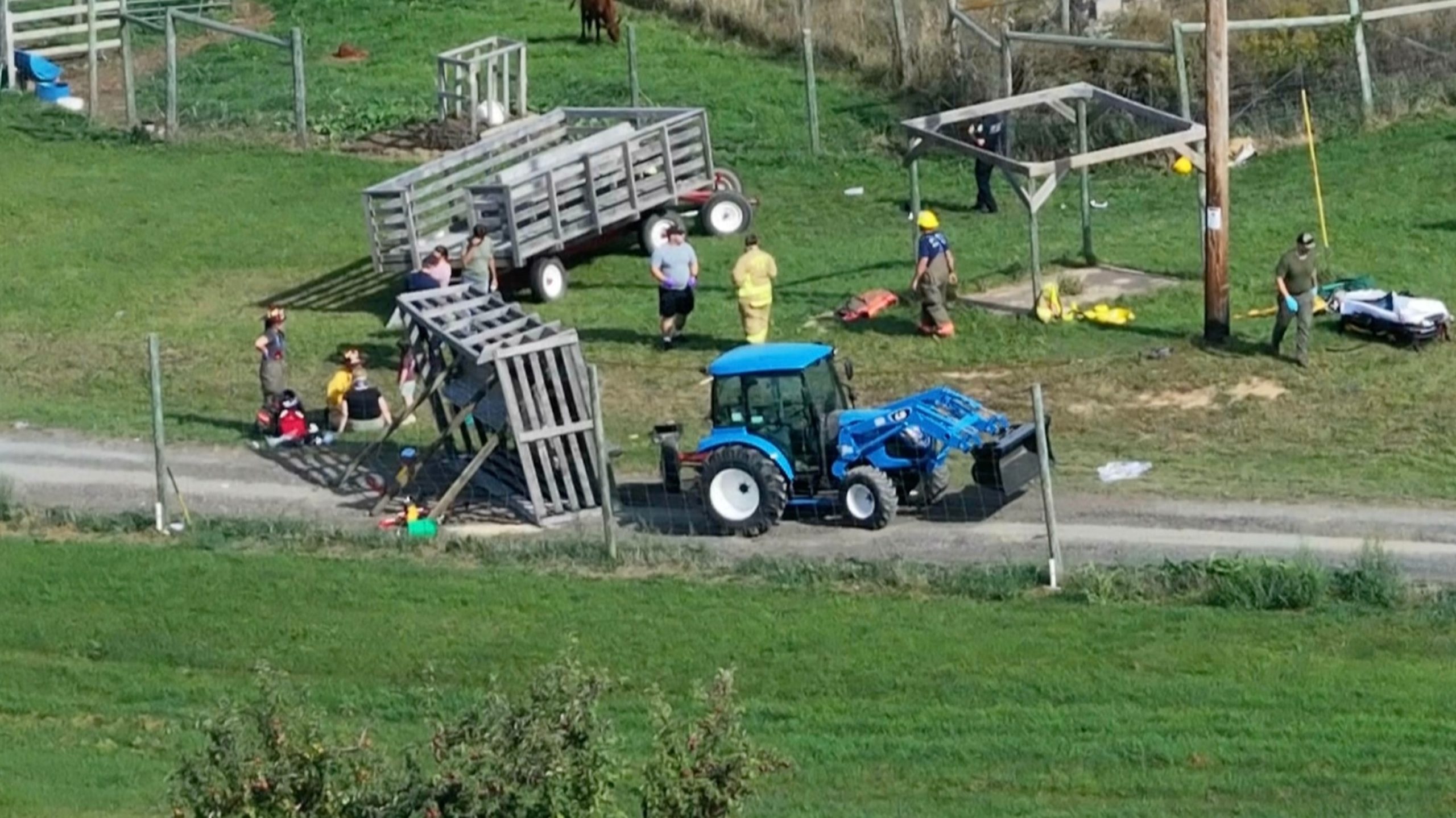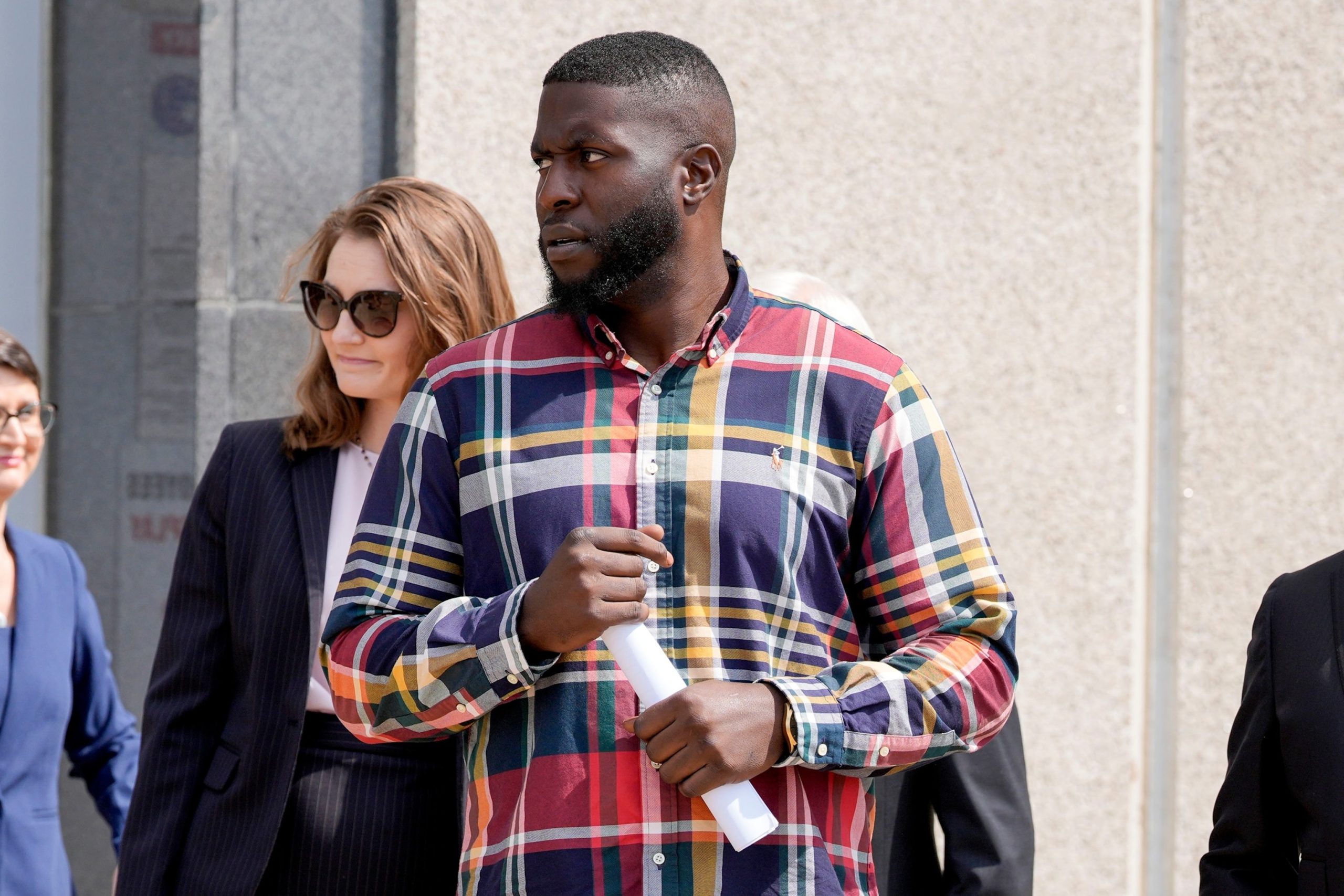
PORTLAND, Maine — A bill that’s being introduced Monday after a mass shooting in Maine would require the Army to use state crisis intervention laws to remove the weapons of a service member who is deemed to be a serious threat to themselves or others, said U.S. Sen. Susan Collins, the bill’s sponsor.
The Armed Forces Crisis Intervention Notification Act is aimed at addressing missed opportunities by the military and civilian law enforcement to intervene before an Army reservist who had spiraled into psychosis opened fire at two locations in Lewiston, Maine, killing 18 people and injuring 13 others on Oct. 25, 2023.
“We have a chance to help service members in crisis. We have a chance to help protect our neighbors and families. We have a chance to save lives,” Collins said in a statement. Maine’s other senator, independent Angus King, is a co-sponsor of the bill.
This bill seeks to ensure communication between state agencies and military service branches after criticism that the Army wasn’t as forthcoming as it could’ve been with state law enforcement officials about the gunman, 40-year-old Robert Card, before the shooting rampage. It requires the military to participate in state crisis actions, including so-called red flag or yellow flag laws aimed at removing weapons from someone who’s experiencing a psychiatric emergency.
Law enforcement officials had known about Card’s growing paranoia, and Card had been hospitalized last summer while his reserve unit was training in New York state. Health care providers who assessed him said he was psychotic and had a hit list, and recommended that he not have access to weapons.
Military officials restricted Card’s access to military weapons but Card still had access to privately owned weapons at his home in Bowdoin, Maine.
The Sagadahoc County Sheriff’s Office was asked to go to Card’s home and check on his well-being after he’d threatened to “shoot up” the home of his Army Reserve unit, but the deputies were unaware of details about what happened in New York state or the extent of his mental health crisis.
This bill wouldn’t affect the military’s existing authority to disarm service members in a broad range of situations, Collins said. Instead, the bill aims to eliminate a gap in communication between military and civilian law enforcement that could’ve prevented the tragedy in Maine.
“We cannot bring back our friends and family members we lost last October, but we can take steps to fix the cracks in the system that led to the tragedy,” King added.
The mass shooting has been investigated by an independent commission appointed by the governor, along with the Army Reserve and by the Army Office of the Inspector General. Maine Gov. Janet Mills said that the tragedy “was caused by a colossal failure of human judgment by several people, on several occasions.”
In the wake of the recent surge in mass shootings across the United States, lawmakers are proposing a new bill that would allow the army to utilize state crisis laws to remove weapons from individuals deemed a threat to public safety. The bill, known as the Crisis Intervention Act, aims to address the growing concern over gun violence and provide a proactive approach to preventing future tragedies.
The proposed legislation comes in response to the alarming increase in mass shootings in recent years, with high-profile incidents such as the shootings in Parkland, Florida, Las Vegas, Nevada, and Sandy Hook, Connecticut, sparking national outrage and calls for action. According to data from the Gun Violence Archive, there have been over 300 mass shootings in the US so far this year, resulting in hundreds of deaths and injuries.
Under the Crisis Intervention Act, the army would be authorized to intervene in situations where an individual is exhibiting signs of dangerous behavior or poses a threat to themselves or others. This could include individuals who have a history of violence, mental illness, or have made threatening statements or gestures. The army would work in conjunction with local law enforcement agencies to assess the situation and determine the appropriate course of action.
The bill also includes provisions for due process and safeguards to protect individuals’ rights. Before any weapons are removed, a court order would be required, and individuals would have the opportunity to appeal the decision. Additionally, mental health professionals would be involved in the evaluation process to ensure that individuals receive the appropriate care and support.
Supporters of the Crisis Intervention Act argue that it is a necessary step to prevent future tragedies and protect public safety. By allowing the army to intervene in situations where individuals pose a threat, potentially dangerous individuals can be identified and disarmed before they have the opportunity to carry out a mass shooting.
However, critics of the bill raise concerns about potential violations of civil liberties and due process rights. They argue that allowing the army to remove weapons from individuals based on subjective criteria could lead to abuse of power and infringe on individuals’ Second Amendment rights.
As the debate over gun control and public safety continues to intensify, lawmakers will need to carefully consider the implications of the Crisis Intervention Act and weigh the potential benefits against the risks. Ultimately, the goal is to find a balance between protecting public safety and upholding individual rights in order to prevent future tragedies and create a safer society for all.


